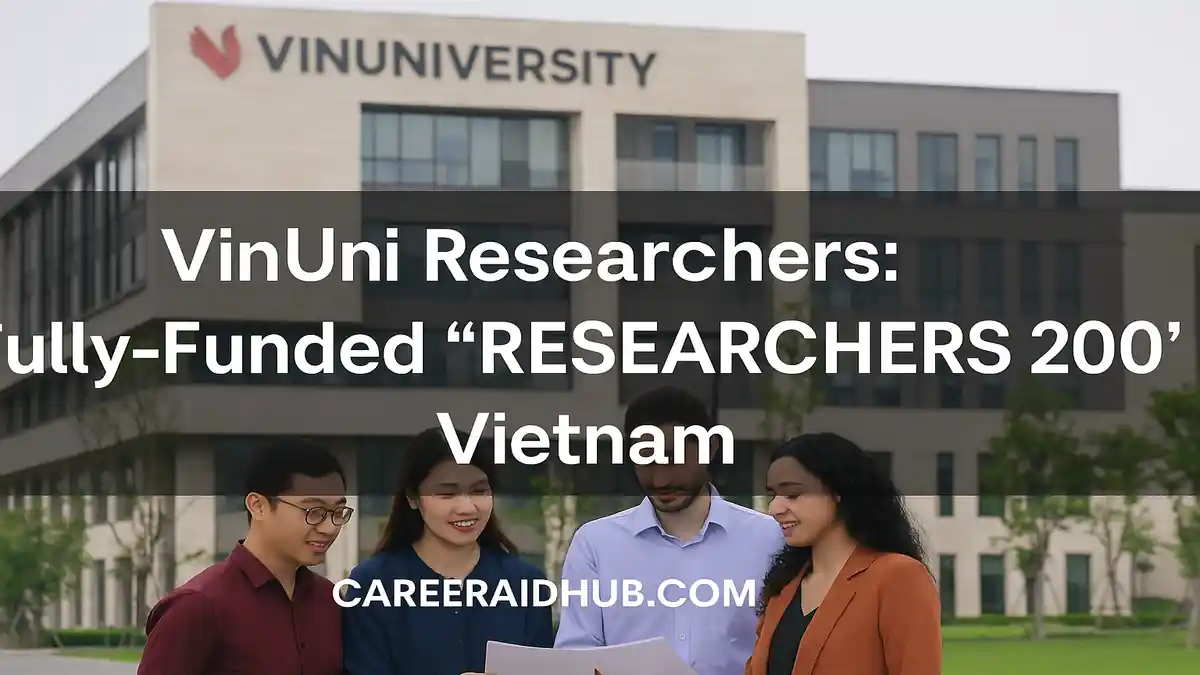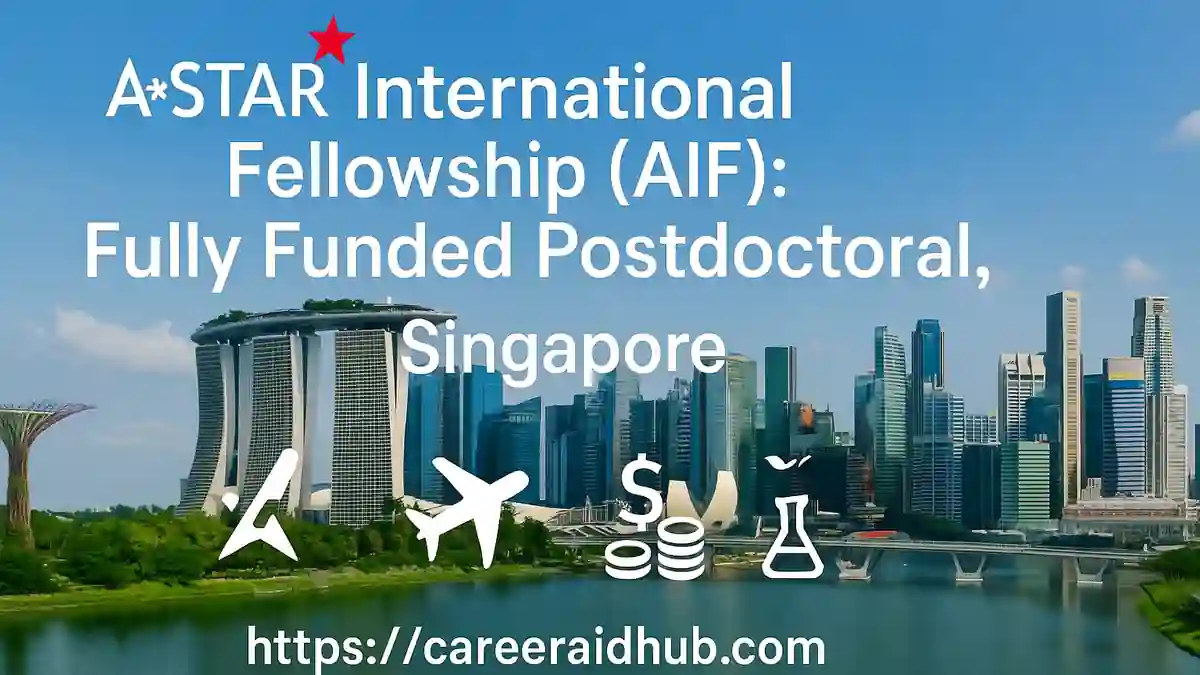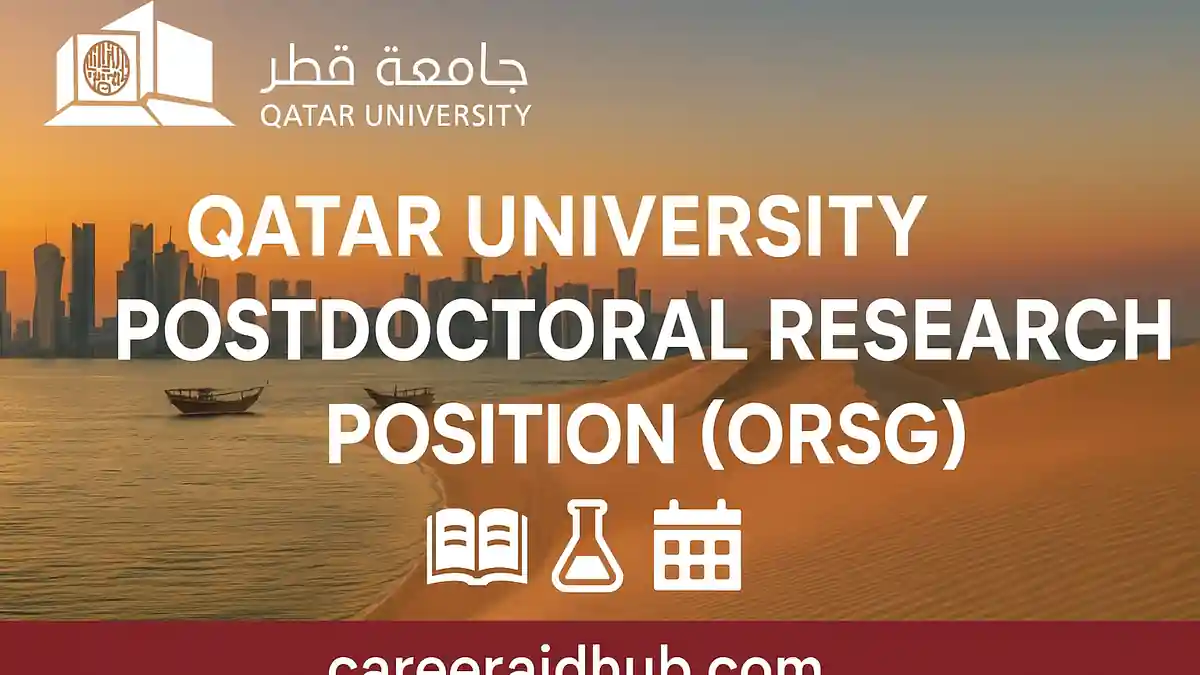Exploring Top Research Funding Opportunities from ANRF: A Complete Guide for Scientists and Scholars
Introduction
The Anusandhan National Research Foundation (ANRF), India’s apex research funding body, has introduced a robust platform for nurturing innovation, equity, and global competitiveness in scientific research. Created to streamline and enhance India’s R&D ecosystem, ANRF integrates and expands upon previous schemes by offering a comprehensive suite of fellowships and grants that serve researchers across various disciplines and career stages. These initiatives are aligned with the country’s larger vision for scientific advancement and self-reliance in emerging and strategic sectors.
India’s Anusandhan National Research Foundation (ANRF) is transforming research through strategic funding programs that empower scientists at every stage—from postdocs to senior scholars. Discover the top 10 opportunities to elevate your academic and innovation journey through inclusive, high-impact, and globally aligned research support.
This in-depth guide explores ten major research funding opportunities currently available on the ANRF portal, each crafted to meet specific goals within India’s knowledge economy.
1. Advanced Research Grant (ARG)
The Advanced Research Grant (ARG) is the foundation’s principal mechanism for supporting cutting-edge research in both fundamental science and applied technologies. Focusing on Technology Readiness Levels (TRL) 1 to 6, this scheme is ideal
for researchers undertaking innovative projects that bridge theoretical advancement and real-world impact.
Key Features:
-
Open to individual or team-based research proposals
-
Encompasses science, engineering, and cross-disciplinary domains
-
Multi-year funding proportionate to project scope and deliverables
ARG fosters long-term engagement and high-caliber contributions from India’s academic and industrial R&D sectors.
2. ARG MATRICS
ARG MATRICS is a targeted grant under the ARG umbrella that exclusively supports the field of mathematics. It facilitates both pure and applied mathematical inquiry, aiming to strengthen India’s global presence in theoretical sciences.
This scheme encourages researchers to tackle abstract and applied problems in fields like algebra, number theory, mathematical modeling, statistics, or computational mathematics.
3. Ramanujan Fellowship
The Ramanujan Fellowship is crafted for distinguished Indian-origin scientists seeking to return to India after achieving excellence abroad. This re-entry fellowship not only addresses the issue of brain drain but also revitalizes domestic research environments with international expertise.
What It Offers:
-
Monthly stipend of up to ₹1.35 lakh
-
Research project grant across five years
-
Institutional flexibility for host affiliation
This fellowship is instrumental in bringing back world-class talent and promoting cross-border scientific exchange.
4. National Post-Doctoral Fellowship (N-PDF)
style="text-align: justify;">The National Post-Doctoral Fellowship (N-PDF) supports young Ph.D. graduates aiming to establish their academic independence. The fellowship allows for a two-year research engagement under a mentor from a different institution than the one where they completed their doctoral studies.
Highlights:
-
Monthly stipend with contingency support
-
For applicants under 35 years of age
-
Encourages inter-institutional collaboration
This scheme is a stepping-stone to academic or industrial research roles, fostering the next generation of research leaders.
5. National Science Chair (NSC)
The National Science Chair (NSC) honors senior researchers, including retired faculty, who have contributed significantly to their disciplines. This position supports their continued involvement in mentoring, research supervision, and institutional development.
Benefits:
-
Financial honorarium with project-based funding
-
Advisory roles and affiliations with research institutions
-
Knowledge transfer through seminars and collaboration
NSC affirms the value of lifelong contributions and intellectual leadership.
6. J. C. Bose Grant (JBG)
The J. C. Bose Grant (JBG) is awarded to mid-career scientists demonstrating outstanding achievements in their respective fields. The grant acknowledges research excellence and
offers sustained support to pursue high-impact scientific endeavors.
Key Points:
-
Nomination-based evaluation
-
Focused on researchers with strong citation records and publications
-
Flexible financial support for exploratory or advanced projects
This program catalyzes the continued growth of India’s top-performing researchers.
7. Partnerships for Accelerated Innovation and Research (PAIR)
The PAIR program aims to boost institutional collaboration and translational research through a structured hub-and-spoke model. It facilitates large-scale R&D efforts where one lead institution coordinates work across a network of partner entities.
Features:
-
Hub institution serves as central node
-
Collaboration among academia, industry, and government
-
Designed for solving complex, multi-dimensional problems
PAIR advances national innovation by encouraging coordinated, interdisciplinary science.
8. Prime Minister Early Career Research Grant (PM ECRG)
The PM ECRG supports scientists within two years of beginning a regular academic role. It provides essential seed funding for launching impactful research early in their careers.
Funding Structure:
-
Up to ₹60 lakh over a three-year period
-
Prioritizes originality and national relevance
-
Simplified application and review processes
This scheme promotes early momentum for young academics and enhances
retention of domestic talent.
9. Mission for Advancement in High-impact Areas (EV-Mission)
EV-Mission is a thematic grant that targets India’s strategic and high-impact sectors. Though program specifics vary, the common goal is to drive breakthroughs in priority technologies with national and global implications.
Focus Areas Include:
-
Renewable energy and hydrogen systems
-
Semiconductors and artificial intelligence
-
Health technology and climate resilience
EV-Mission reflects India’s strategic aspirations for global leadership in technology.
10. Inclusivity Research Grant (IRG)
The Inclusivity Research Grant (IRG) is dedicated to promoting social equity in science by supporting researchers from Scheduled Caste (SC) and Scheduled Tribe (ST) backgrounds. The scheme encourages independent research leadership in mainstream institutions.
Grant Profile:
-
₹60 lakh total funding over three years
-
Covers equipment, staffing, travel, and open-access fees
-
Exclusively for SC/ST Indian nationals with institutional employment
IRG ensures that inclusion and merit coexist in the national research agenda.
How to Apply for ANRF Programs
Follow these five essential steps to apply for any ANRF opportunity:
-
Visit the ANRF portal
-
Register/Login using a valid institutional email ID
-
Select the relevant scheme based on your academic profile
-
Upload your proposal and all supporting documents as per guidelines
-
Monitor the dashboard for updates on evaluation status and deadlines
Application cycles typically run for 3 to 6 weeks. Early preparation and timely submission are highly recommended.
Final Thoughts
The Anusandhan National Research Foundation (ANRF) offers one of the most dynamic, inclusive, and well-resourced research funding portfolios in India. From fostering early-career talent to empowering senior scientists and promoting equity, ANRF programs are strategically positioned to elevate India’s scientific ecosystem.
By offering streamlined applications, interdisciplinary relevance, and competitive grants, ANRF ensures that innovation remains at the forefront of national progress.
To stay informed, researchers should regularly visit the and set reminders for annual calls.
Here is the complete Program Feature Summary Table for the ANRF Funding Opportunities article, structured professionally for publication:
📌 Program Overview: ANRF Research Funding Schemes
| Feature |
Details |
| Program Name |
ANRF Research Funding and Fellowship Programs |
| Host Country |
India |
| Funded By |
Anusandhan National Research Foundation (ANRF) |
| Duration |
Varies by program (2 to 5 years) |
| Study Mode |
Full-time, Institution-based Research |
| Eligibility |
Indian citizens across all career stages: early-career, mid-career, senior; specific programs for SC/ST researchers and returning diaspora |
| Financial Support |
Up to ₹60 lakh (varies); includes stipend, project grants, equipment, travel, contingency, and publication/patent support |
| Fields of Study |
Science, Engineering, Interdisciplinary Research, Mathematics, Applied Technologies |
| Application Deadline |
Predicted: June or July annually (exact date to be updated soon) |
| Official Website |
Click Here |
Frequently Asked Questions (FAQs)
What are the top research grants offered by ANRF? ANRF offers grants like Advanced Research Grant, Ramanujan Fellowship, N-PDF, and IRG to support scientific research at different career stages.
Who is eligible for the ANRF Ramanujan Fellowship? Indian or overseas Indian scientists with strong research records and international experience are eligible to apply for this re-entry fellowship.
How can I apply for ANRF research funding? You must register on the ANRF portal, choose the relevant program, upload required documents, and submit your research proposal online.
What is the funding amount for ANRF research grants? Funding ranges up to ₹60 lakh for selected programs and may include support for manpower, equipment, travel, and publication.
Can early-career researchers apply for ANRF grants? Yes, programs like N-PDF and PM ECRG are designed specifically for early-career scientists beginning independent research.
What is the application deadline for ANRF schemes? Most ANRF programs open around June or July each year, and proposals are typically accepted for 3 to 6 weeks.
Does ANRF support collaborative research projects? Yes, the PAIR program funds multi-institutional collaborations using a hub-and-spoke model for interdisciplinary innovation.
Are there specific grants for SC/ST researchers in India? Yes, the Inclusivity Research Grant (IRG) funds independent research led by SC/ST researchers in Indian academic institutions.
What fields are covered under ANRF fellowships? ANRF supports research across science, engineering, mathematics, and interdisciplinary domains aligned with national priorities.
How do I track the status of my ANRF application? Log in to the ANRF portal dashboard to monitor updates on peer review, evaluations, and final selection notifications.
Premium Mentorship for a Stronger Application
- Premium Mentorship: personalised 1:1 guidance for this and similar opportunities
- In-depth review of your CV, academic profile, and key statements
- Aligned with international selection criteria so your profile matches what panels expect
- Stronger, more compelling narrative for highly competitive calls
- Step-by-step support from opportunity mapping to final submission (fee-based)
Subscribe Premium Mentorship










